ATFX Partners with AFA in Strategic Sponsorship
ATFX partners with the Argentine Football Association as a regional sponsor, linking forex industry strategy with global sports excellence.
简体中文
繁體中文
English
Pусский
日本語
ภาษาไทย
Tiếng Việt
Bahasa Indonesia
Español
हिन्दी
Filippiiniläinen
Français
Deutsch
Português
Türkçe
한국어
العربية
Abstract:12Trader (https://www.12trader.com/) is an offshore forex broker located in St. Vincent and the Grenadines. The company provides trading services across multiple financial markets, including Forex, commodities, stocks, and cryptocurrencies.
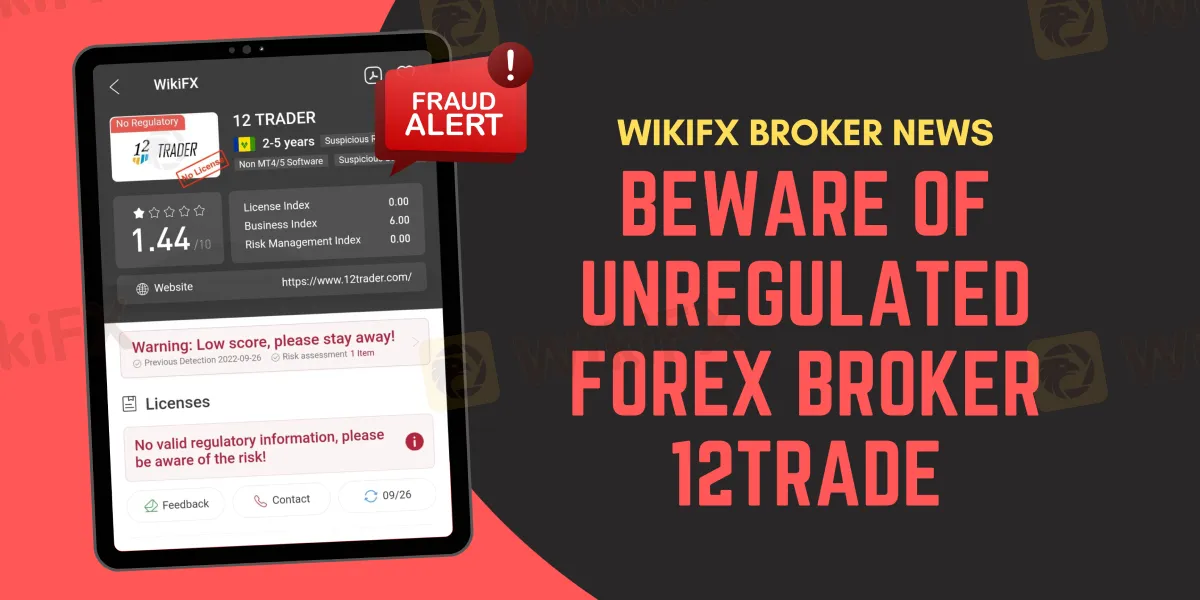
Making a profit as a trader is challenging, especially when a broker works against you. It becomes nearly impossible to turn a profit. Although there are many legitimate forex brokers in the market, the number of scam brokers is just as high. This piece discusses how fraudulent financial intermediaries like 12Trader ditch clients and how you can avoid falling into their traps.

12Trader - A Quick Overview
12Trader (https://www.12trader.com/) is an offshore forex broker located in St. Vincent and the Grenadines. The company provides trading services across multiple financial markets, including Forex, commodities, stocks, and cryptocurrencies. While the broker allows clients to explore tradable opportunities using its custom-built trading platform, it does not support any third-party trading platform like MT4, MT5, or cTrader. Besides providing advanced trading tools and indicators, it also features rich content under its educational facility. In addition to offering clientele support through telephone, email, and web chat, the broker also facilitates clients through social media platforms, including Facebook, Twitter, LinkedIn, and Youtube.
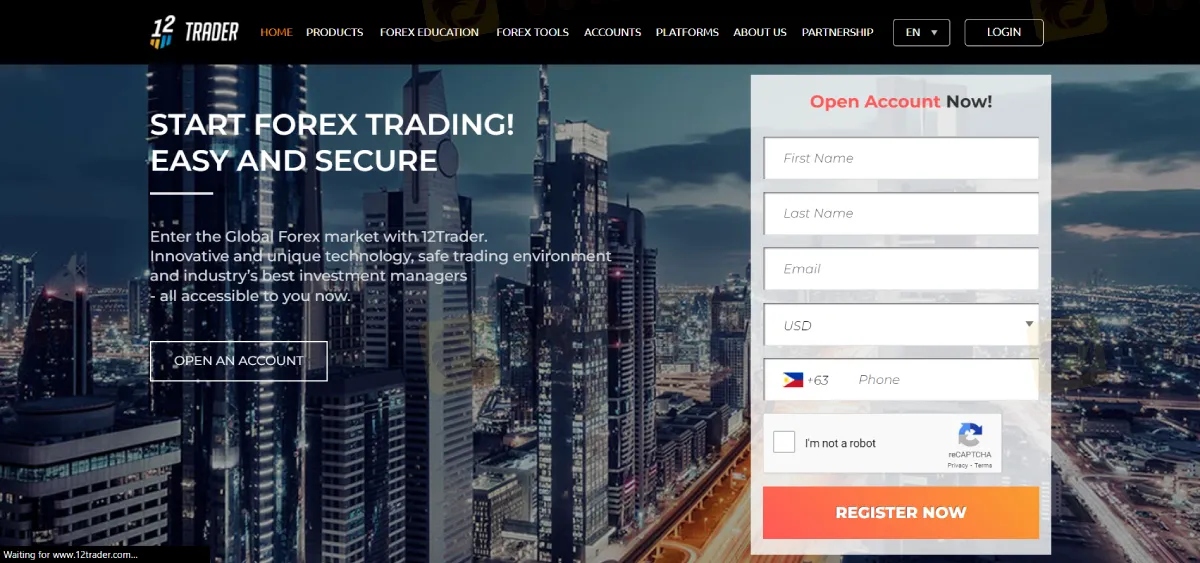
Is 12Trader Regulated?
No, 12Trader is not regulated. Although the company claims to have been subject to stringent regulations, it neither lists the names of regulatory bodies nor mentions its registration or license numbers. We believe the company isn't registered or regulated anywhere else, either.

Clientele Feedback
12Trader is one of the companies known for its poor reputation among investors. Clients have reported the company for countless issues, including but not limited to the broker's incompetency, high commission charges, and withdrawal issues. Below are some screenshots reflecting clients feedback about the company.


How 12Trader Scam Clients?
Following clients' enrollment with the firm, the broker's telemarketing team contacts clients repeatedly to solicit deposits into the accounts, promising “profitable” opportunities that don't even exist.
When clients do so, it either misguides or manipulates pricing to make them lose more of their trades. There have been reports on WikiFX and other unbiased review sites that the broker asks clients to deposit more money before releasing their funds, and even then, doesn't process their withdrawals.
Why Is 12Trader A Scam Forex Broker?
First, the broker claims to be a part of Safe Side Trading Ltd. While it doesn't reveal more details about its parent company, there is little information available about it on the internet as well.
Second, the broker lists the address of its office based in the UK, but not mentioning its regulatory information in UK FCA, which raises concerns about its legitimacy.
Third, the broker does not provide clients with the flexibility of using third-party trading platforms, which suggests that the company doesn't want to lose control over clients' trading activity. Essentially, manipulating financial data over an in-house trading app is much more convenient than the company could do with any third-party trading software.
Lastly, poor customer feedback speaks well for the overall concerns of the company.
What Should I Do To Avoid Scam Forex Brokers Like 12Trader?
Before entrusting a broker with your money, you must check the most crucial factors, such as a broker's regulation and reputation, to weed out the shabby brokers and identify the trustworthy ones.
Brokers with regulations from reputable regulatory authorities like NFA, FCA, ASIC, and CySEC are typically more competent and safe than those with low-profile supervision.
About WikiFX
WikiFX is a global corporate financial information searching tool. Its core function is to provide basic information searching, regulatory license searching, credit evaluation, platform identification, and other services to the included foreign exchange trading companies.

The platform has over 39,000+ brokers listed, both regulated and unregulated. The team behind WikiFX has been working seriously with 30 financial regulators from all across the globe to ensure that the information provided is true and correct.
Bottom Line
Despite having a strict regulatory framework, authorities struggle to eliminate scam brokers from the business forever. Therefore, the best approach is to start low instead of staking a sizeable sum of money with any brokerage firm. Try it out, and if things seem to go well, you can proceed with any amount you see fit and work your way to profit.
Stay tuned for more Broker News.
Download the WikiFX App from the App Store or Google Play Store.

Disclaimer:
The views in this article only represent the author's personal views, and do not constitute investment advice on this platform. This platform does not guarantee the accuracy, completeness and timeliness of the information in the article, and will not be liable for any loss caused by the use of or reliance on the information in the article.

ATFX partners with the Argentine Football Association as a regional sponsor, linking forex industry strategy with global sports excellence.
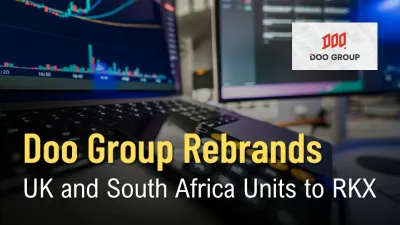
Doo Group rebrands its UK and South Africa entities to RKX, reflecting regulatory updates and broader strategic changes.
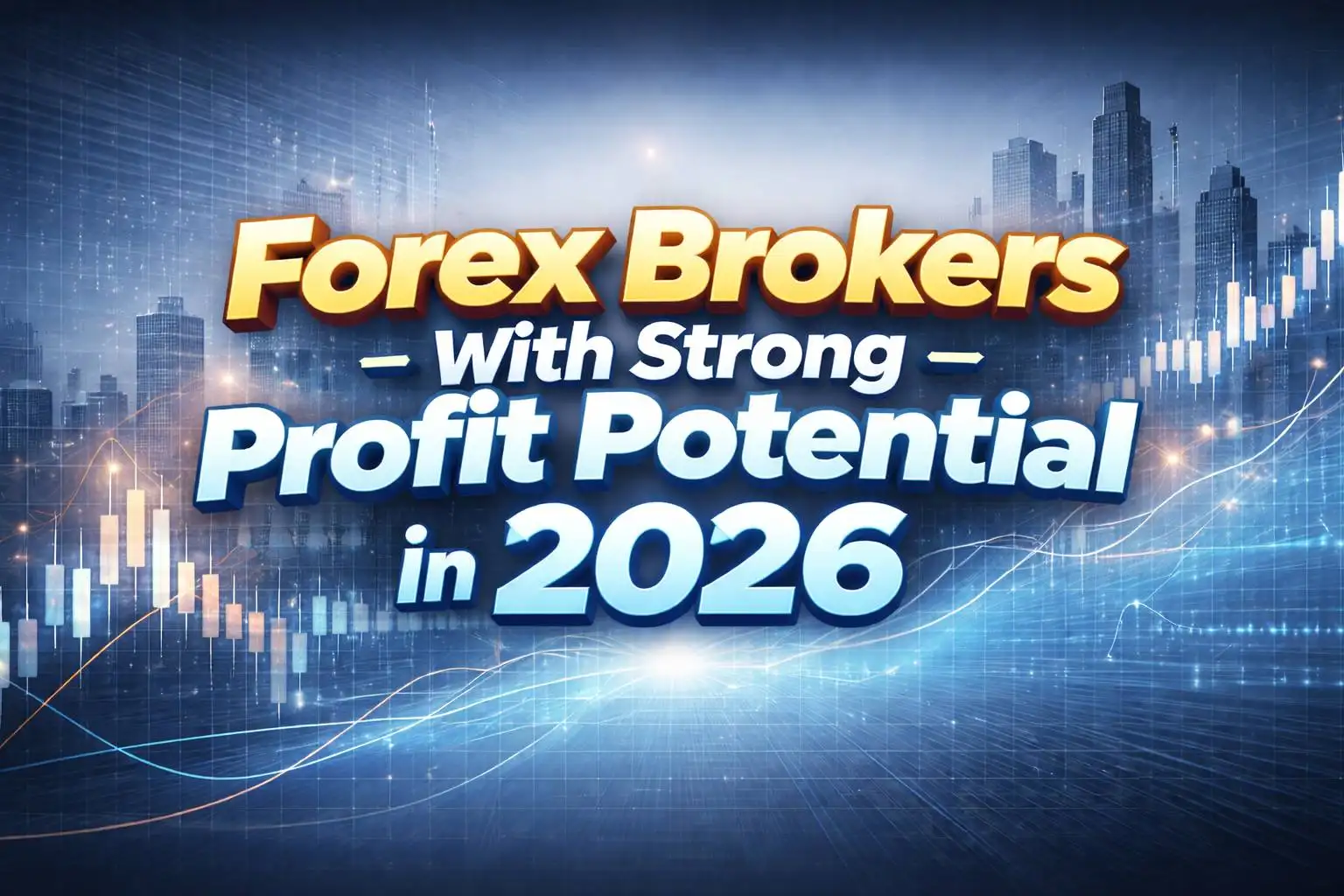
As global markets enter 2026 amid shifting interest-rate cycles, AI-driven trading tools, and rising retail participation, choosing the right forex broker has become more critical than ever. While no broker can guarantee profits, some platforms offer better trading conditions, stronger regulation, and lower execution costs, which significantly improve a trader’s long-term profitability potential.
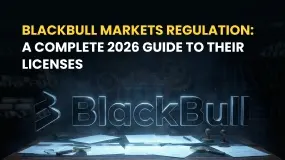
Before trusting any broker, you need to check if it is properly regulated. The safety of your capital and fair trading conditions depend completely on how well the broker is supervised. For a thorough check on brokers like BlackBull Markets, websites like WikiFX can give you collected information, license tracking and user reviews, providing an important independent check. This article aims to answer a key question: Is BlackBull Markets a safe and regulated broker? The simple answer is yes, but the regulation setup uses two different licenses that every trader needs to understand. We will break down the BlackBull Markets regulation system, explain each BlackBull Markets license, and make clear what this setup means for you as a trader. Our review is based on facts you can check and aims to give you an unbiased, expert view.
